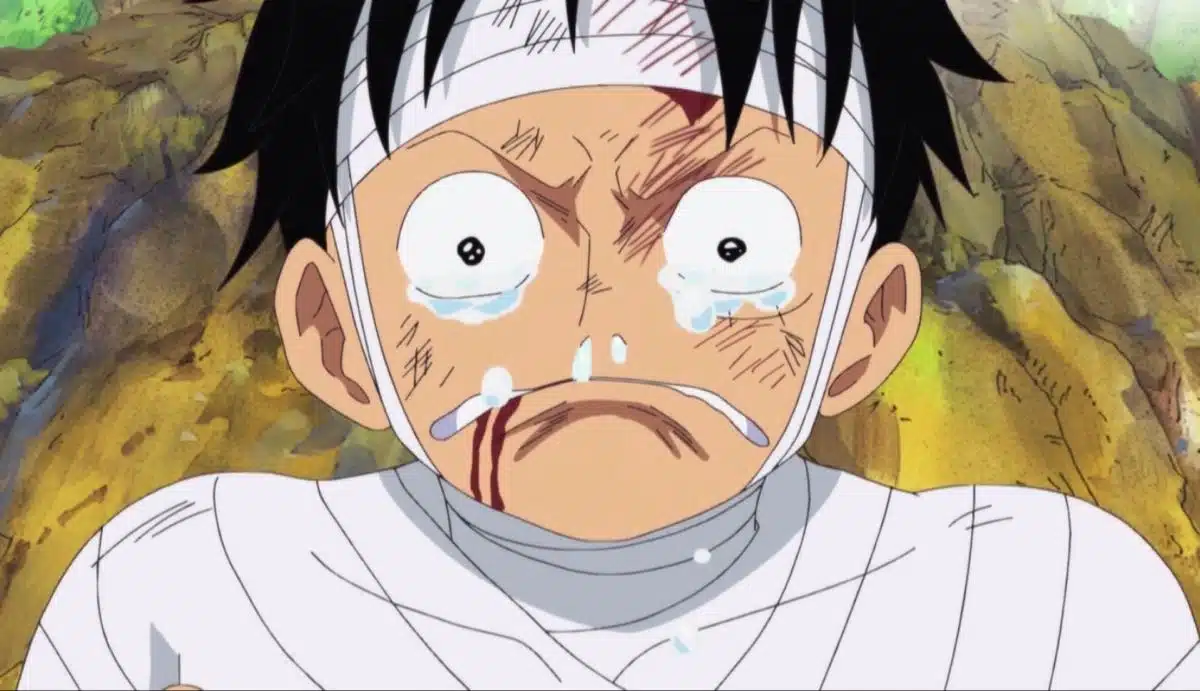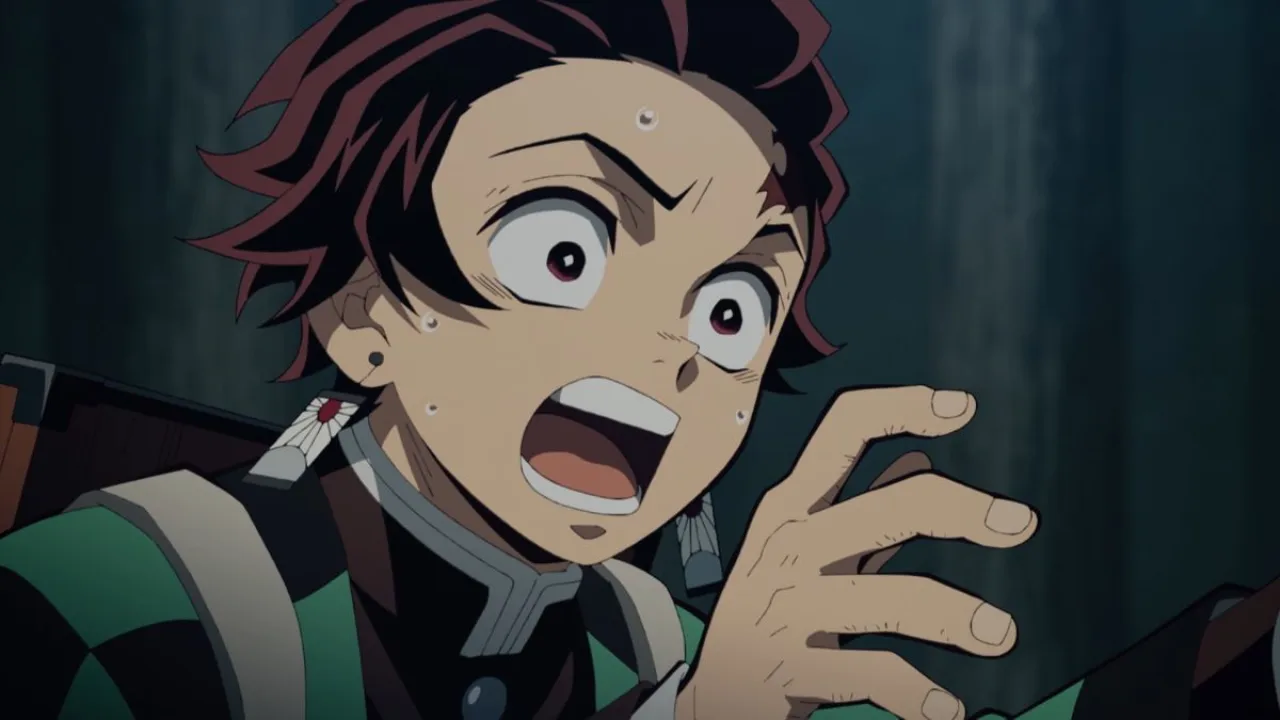KADOKAWA, KODANSHA and SQUARE ENIX Unite to Demand a Stop to OpenAI's Sora2 Generative AI
The conflict between the anime industry and Intelligence Artificial (AI) has escalated to a new level. Eighteen of the largest manga and anime companies, including Kadokawa, Kodansha, Shogakukan and square enixhave published a joint statement against the video-audio generation system Sora2 of OpenAI.
The companies accuse Sora2 of infringing copyright by using franchises and intellectual property that belongs to them and is protected by copyright for their learning, with results that are too similar to their original content. Although the real question, which goes beyond a simple legal announcement, is Why is this proof that the system Opt-Out of AIs an existential threat to anime and manga? We analyze it below.
The most critical point of the lawsuit is that it does not limit itself to addressing how it uses protected material, but also how it does so. Sora2 operates under a system of «Opt-Out»which means that the content is theoretically available for the AI until the creator requests its removal. This system directly conflicts with Japanese copyright law, which explicitly protects the works and requires explicit permission (Opt-In) for use. The industry is saying, with these 18 firms, that the existence of AI cannot be based on massive breach of its intellectual property waiting to be sued.
Let us remember that the anime and manga industry generates billions of dollars, and is currently in a stage of unprecedented global expansion. That is why even the Japanese government, through the Intellectual Property Strategy Office, had already warned OpenAIqualifying anime and manga as “irreplaceable treasures” that Japan “boasts to show to the world.”
This statement from the 18 companies so important to the otaku industry transforms that government concern into corporate legal action. Our industry analysis It is clear, the fear that Japan has is not because the AI makes it easier to capture creative ideas, but the value of unique artistic styles that define franchises as One Piece, Demon Slayer either Fullmetal Alchemist lose impact or importance if a tool can easily replicate them with minimal costs and without compensation to the original creator. In short, they are concerned about the money they would be losing with the non-consensual use of the visual style and/or million-dollar franchises they own.

The joint statement from the 18 companies demands three things: 1) Transparency about training data; 2) A change to the system Opt-In (ask for permission first); and 3) Adequate compensation for rights holders granting permission. This unified movement, which includes the “big three” (Kadokawa, Kodansha and Shogakukan), sets the tone strongest legal precedent to date in Asia to delimit the border between technological innovation and the protection of creative work.
Like any new technology that emerges and threatens the intellectual properties of large companies, what happens with Sora2 in Japan will have global repercussions in the fight for copyright in the era of generative AI.
If a ruling is made in favor of the great Japanese creative companies, this could encourage more entertainment companies to join forces to stop the development of AI tools that use and/or generate content protected by copyright.

The alliance of 18 Japanese industry giants is a clear message that they will not tolerate the AI business model based on mass training of copyrighted content. My verdict as an analyst is that this is a first battle that, if favorable for Japan, could drive a change in how content is generated with these AI tools, causing artificial intelligence companies to take seriously the task of prohibiting feeding their models with protected works in order to avoid legal consequences..
If publishers cannot ensure that the system is respected Opt-Inthey risk seeing their most valuable works used to train their own competitors without receiving a single yen. The ball is now in OpenAI's court and will be a key test for the future of AI.

Post a Comment